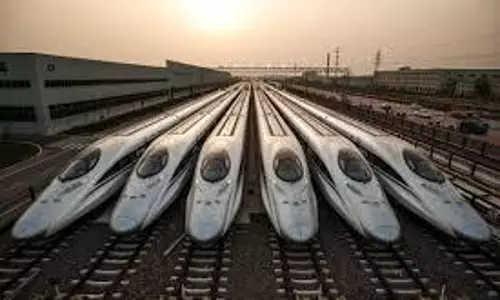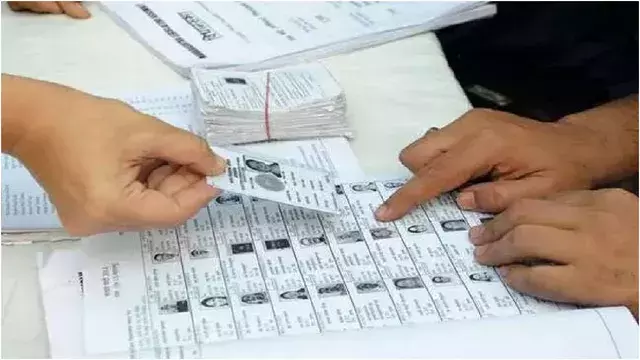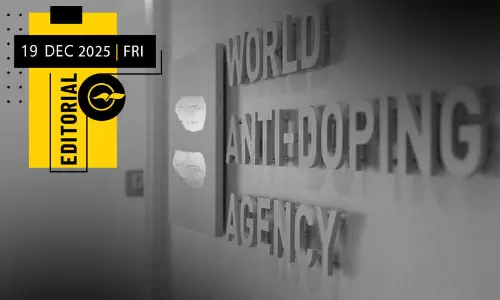
Three arrested after clashes in Hong Kong's 'Lennon Wall'
text_fieldsHong Kong: At least three people were arrested following clashes that broke out at a "Lennon Wall" in Hong Kong as backers of the Carrie Lam-led government tried to remove posters posted in support of the anti-extradition bill movement, authorities said on Thursday.
On Wednesday night, about 10 young campaigners were tidying up the Post-it notes near the Yau Tong MTR station in Kwun Tong district, when dozens of people, most of them middle-aged men, arrived to remove the display, while shouting verbal abuses, reports the South China Morning Post.
"Go away, yellow ribbons! Take off your masks!" shouted one woman in her 40s, who referred to the colour often used by pro-democracy protesters.
More people from both sides soon arrived at the scene to join the dispute, as the crowds quickly grew to over 200 by 10 p.m., with police officers trying to separate the two groups.
The face-off, which escalated into scuffles, between both sides continued late into the night, as more anti-bill protesters were seen sticking their notes onto the wall.
As of 11.15 p.m., about 300 people still remained around escalators at the mall, with police forming a human wall.
On Thursday morning, all the Post-its had been removed from the display, though it was not clear by whom.
Sparked in response to the government's handling of the now-suspended bill and fast becoming widespread features in the city, "Lennon Walls" have appeared in unlikely locations across Hong Kong in at least 12 districts, said the South China Morning Post.
They include countless notes expressing support for the protesters and calling on city leader Chief Executive Lam to stand down.
The new clashes come after Lam on Tuesday declared that the highly controversial extradition bill, which would have allowed the transfer of fugitives to mainland China and other jurisdictions with which the city had no extradition agreement, was effectively withdrawn, as demanded by protesters, was "dead", changing from an earlier claim that it "will die" in 2020.





















